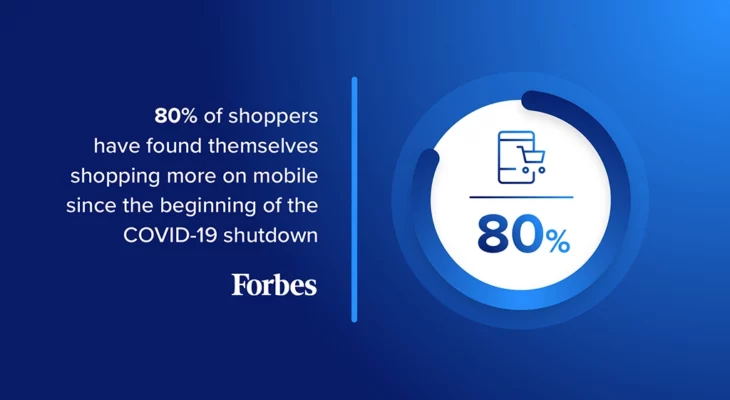2020 has been revolutionary for ecommerce — Statista estimates that the majority of US adults did more online shopping than ever before in 2020. As new customers braved the world of online shopping and demand for the oddest of products surged (who would’ve thought bidets would have a starring role this year), ecommerce businesses large and small were forced to pivot and focus on what will drive growth and ultimately scale successfully in 2020, 2021, and beyond.
The trends we predict will shape 2021 have definitely already planted their roots in 2020. These strategies and technologies have already helped ecommerce businesses survive and thrive in 2020 — and businesses who invest in these strategies will be the standouts of next year. Here are our top trends that we predict will take 2021 by storm:



